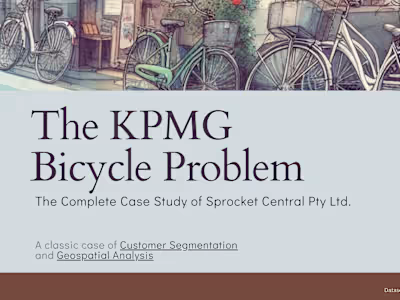Dynamic Media Scraping Solution 🎭
In this project, I aimed to develop a robust and versatile data scraping tool using Python libraries to automate the extraction of dynamic content from video streaming sites. The primary goal was to create a solution that could adapt to changes in website structures and handle various media types, enhancing the efficiency and flexibility of data retrieval.
Thought Process
Understanding the Problem 🧠
Video streaming sites frequently undergo updates and modifications, making traditional scraping techniques less reliable. I envisioned a solution that could dynamically adapt to these changes, ensuring the longevity of the scraping tool.
Selecting Python Libraries 🐍
I chose Python for its simplicity, readability, and a plethora of libraries that facilitate web scraping. Key libraries used include:
Beautiful Soup: For parsing HTML and navigating the DOM.
Requests: For sending HTTP requests to retrieve web pages.
Playwright: For dynamic web scraping and handling JavaScript-driven content.
Dynamic Data Scraping Strategy ⚙️
To overcome the dynamic nature of video streaming sites, I implemented a strategy involving:
Identifying Patterns: Analyzing website structures and identifying patterns in HTML and CSS to create robust selectors.
Handling AJAX Requests: Utilizing Selenium to interact with JavaScript-driven content and retrieve dynamic data.
Regular Updates: Regularly updating the scraping tool to adapt to changes in the target websites.
Storage Solution 📦
Rclone was chosen for its versatility, supporting a wide range of cloud storage services, including Google Drive, Dropbox, Amazon S3, and more. This integration aimed to provide users with the flexibility to choose their preferred cloud storage solution.
The data goes straight to the drive, in my desired format.
Like this project
Posted Jan 3, 2024
Auto-download media streams straight from to source fast, with preconfigured storage solutions 📦
Likes
0
Views
5






